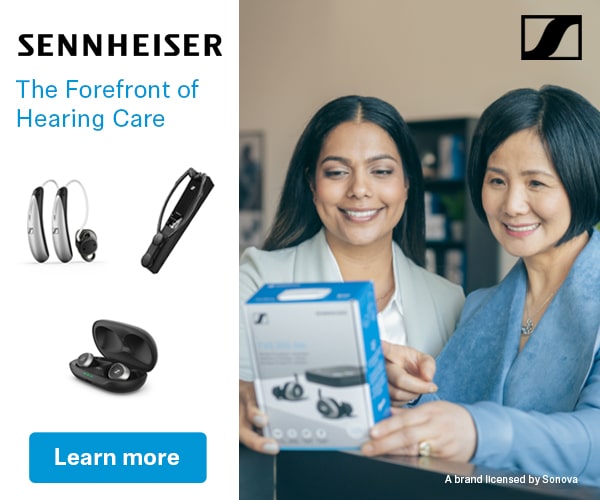In a new article at the HHTM Journal, Dr. Jerry L. Punch of Michigan State University documents his account of sudden sensorineural hearing loss and experience undergoing hyperbaric oxygen therapy treatment.
Abstract: The author, a semi-retired audiologist, offers his perspective on a personal episode of unilateral idiopathic sudden hearing loss consisting of a mild-to-severe high-frequency sensorineural component and a low-frequency conductive overlay. A review of pertinent literature is presented to facilitate an understanding of the possible causes of idiopathic sudden sensorineural hearing loss (ISSNHL), its treatments and their purported effectiveness, and the perceived risk-benefit ratio of hyperbaric oxygen therapy as a conventional treatment. A case-study approach is used to describe chronologically ordered events from the onset of the hearing loss through its resolution. The report is a journalistically styled, first-person account of the episode’s onset, diagnosis, medical and rehabilitative interventions, and audiologic outcomes. The author details the sequential improvements in hearing levels in response to the combination of medical and rehabilitative treatments and describes his personal reactions to a series of hyperbaric oxygen sessions. Although hyperbaric oxygen therapy is associated with known risks and continues to warrant scientific scrutiny, it appears to be a viable and potentially effective treatment for ISSNHL. Despite experiencing symptoms of ear barotrauma during the treatments, the author emerged with a renewed appreciation for the advantages of binaural hearing, the acoustic redundancy of speech, and the potential for relatively mild hearing loss and tinnitus to lead to negative psychological impacts. Audiologists, otolaryngologists, and others who come in professional contact with patients who suffer from ISSNHL are encouraged to act aggressively to ensure that all potentially effective measures are employed to minimize its negative consequences.
Click here for free access to full article.

The author of this case report holds an M.S. degree in Hearing and Speech Sciences from Vanderbilt University and a Ph.D. degree in Audiology from Northwestern University. He has worked for approximately 45 years as a clinical and research audiologist in clinical, academic, administrative, and industrial settings. Having retired from his faculty position of over 20 years at Michigan State University, where he served six of those years as Chair of the Department of Communicative Sciences and Disorders, he continues to work part-time in the roles of researcher and consultant. He is a Fellow and Life Member of the American Speech-Language-Hearing Association and the American Academy of Audiology, and a retired member of the Acoustical Society of America and American Auditory Society. Although no longer engaged in clinical work, he continues to hold clinical certification in Audiology from the American Speech-Language-Hearing Association.








I had not heard that hyperbaric chamber oxygen therapy was being studied for helping hearing loss. Excellent findings and can’t wait to hear more about this.